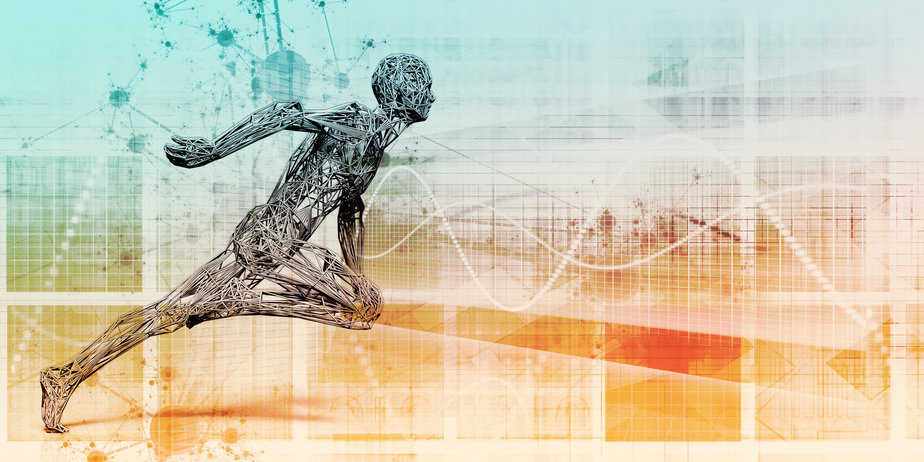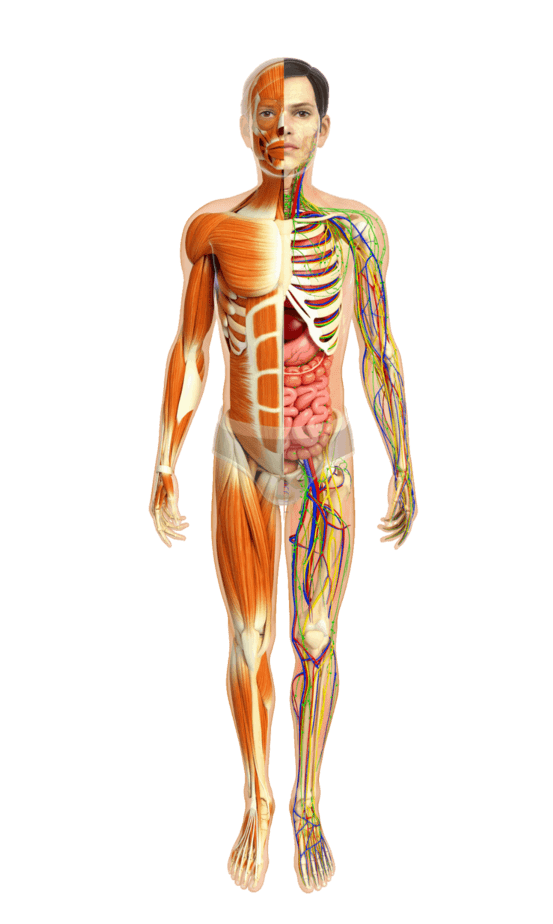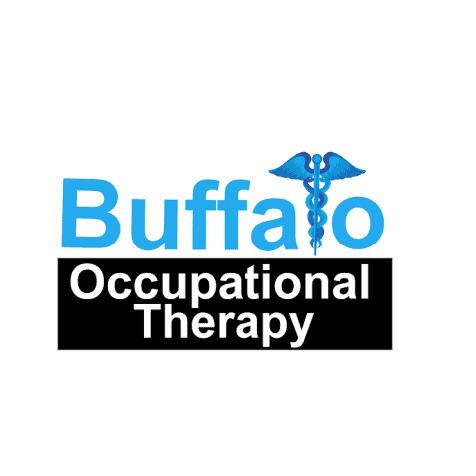
Brain Degenerative Diseases : Treatment Using Hybrid Model
Excellence in the Management of Brain Degenerative Diseases
Hybrid management offers support for the physical, psychological, social, and cognitive needs of brain degenerative diseases.
What are Hybrid Therapy Services for Brain Degenerative Diseases?
Buffalo Occupational Therapy is dedicated to providing support and information for individuals and families affected by brain degenerative diseases. Brain degenerative diseases encompass a range of conditions that affect the brain’s structure and function, leading to progressive deterioration of cognitive and physical abilities.
Our team of specialized therapists is here to offer comprehensive support for the physical, psychological, social, and cognitive needs that arise from brain degenerative diseases. We understand the complexities of these conditions and are dedicated to providing personalized care and assistance every step of the way.
Our therapists have expertise in understanding the underlying brain structures and functions that contribute to developing symptoms associated with brain degenerative diseases. With this knowledge, we can accurately identify and address concerns as they arise, providing timely interventions and support for our patients.
Whether you’re dealing with Alzheimer’s disease, Parkinson’s disease, Huntington’s disease, or another form of brain degenerative disease, our team is here to help. We offer a range of services tailored to meet the unique needs of each individual, including physical therapy, cognitive rehabilitation, emotional support, and social engagement programs.
At our clinic, you can rest assured that you’re in good hands. Our therapists are experienced, compassionate, and dedicated to helping you maintain the highest possible quality of life despite the challenges posed by brain degenerative diseases. Contact us today to learn more about how we can support you on your journey.
List of Brain Degenerative Disease or Disorders
This is not an inclusive list of degenerative disorders.
Alzheimer's Disease
Alzheimer's Disease
Alzheimer’s is a brain disorder that causes memory loss, confusion, and difficulties with thinking and behavior. It is the most common form of dementia.
Parkinson's Disease
Parkinson's Disease
Parkinson’s is a progressive nervous system disorder that affects movement. Symptoms include tremors, stiffness, and difficulty with balance and coordination.
Huntington's Disease
Huntington's Disease
Huntington’s is a genetic disorder that causes the progressive breakdown of nerve cells in the brain. It leads to involuntary movements, cognitive decline, and psychiatric symptoms.
Amyotrophic Lateral Sclerosis (ALS)
Amyotrophic Lateral Sclerosis (ALS)
ALS, also known as Lou Gehrig’s disease, is a progressive neurodegenerative disease that affects nerve cells in the brain and spinal cord. It leads to muscle weakness, paralysis, and eventually respiratory failure.
Multiple Sclerosis (MS)
Multiple Sclerosis (MS)
MS is an autoimmune disease that affects the central nervous system, causing inflammation and damage to the myelin sheath surrounding nerve fibers. Symptoms vary but can include fatigue, numbness, and difficulty walking.
Creutzfeldt-Jakob Disease (CJD)
Creutzfeldt-Jakob Disease (CJD)
CJD is a rare degenerative brain disorder that leads to rapid neurological decline. Symptoms include dementia, involuntary movements, and muscle stiffness.
Frontotemporal Dementia (FTD)
Frontotemporal Dementia (FTD)
FTD is a group of disorders characterized by progressive damage to the frontal and temporal lobes of the brain. It leads to changes in personality, behavior, and language abilities.
Progressive Supranuclear Palsy (PSP)
Progressive Supranuclear Palsy (PSP)
PSP is a rare brain disorder that affects movement, balance, and vision. Symptoms include stiffness, difficulty with eye movements, and frequent falls.
Spinocerebellar Ataxia
Spinocerebellar Ataxia
Spinocerebellar ataxia refers to a group of genetic disorders that cause progressive damage to the cerebellum, leading to problems with coordination, balance, and speech.
Motor Neuron Disease
Motor Neuron Disease
Motor neuron disease is a group of disorders that affect the nerve cells responsible for controlling voluntary muscles. It leads to muscle weakness, twitching, and eventually paralysis.
What is our approach to Brain Degenerative Disease Management?
Holistic care for Brain Degeneration
Clinical Evaluation
Clinical Evaluation for Brain Degenerative Conditions:
- Medical History:
- Gathering information about past medical conditions, surgeries, medications, and family medical history.
- Personal History:
- We learn about you and the roles and activities important to you.
- Symptom Assessment:
- Discussing current symptoms, including their severity, duration, and impact on daily life.
- Physical Examination:
- Performing a thorough examination to assess muscle strength, coordination, cognition, and neurological function.
Transdisciplinary Education
Transdisciplinary Education
Establishing a multi-professional team at the time of diagnosis that will support you through the journey ahead is crucial. We will discuss who is on your team and suggest professionals you may consider to join you on this path.
Hybrid Intervention Methodology
Depending your diagnosis, goals, and selected program, you may experience the following interventions:
- Physical Treatments (mobility, strength, walking, balance)
- Social (conversation-based, emotional exploration, confidence in social settings)
- Psychological
- Cognitive

Not local to our clinic?
No worries! Checkout Brainwaves™ of America. Brainwaves™ offers a unique subscription-based program for individuals facing neurological challenges. With access to expert guidance, research-supported activities, and ongoing support, Brainwaves™ brings high-quality neurological care directly to you. Say goodbye to transportation worries and scheduling conflicts – join Brainwaves™ today and take the first step towards a brighter, healthier future!
What should you expect as a patient or client?
- One-on-one attention from the first evaluation throughout the term of your maintenance program.
- Open lines of communication between you and your therapist. If something is not working or you are frustrated with your progress, we re-evaluate your plan or care or alter our approach so you feel you are maximizing your time spent in therapy
- Hope. Our therapists see hope and therapeutic potential when most give up on functional return. By studying, researching, and thinking outside of the box – our therapists are set apart from all other clinics.
- Be ready to always maximize your potential. By identifying your strengths and implementing those into every treatment session, outcomes are easier to see.
- A whole-body approach. Occupational therapists address biophysical symptoms, psychological-social symptoms, neurological-communication and cognitive symptoms as well as function-based/environment implications. Because we are trained in the whole body, we are the best solution for recovery.

